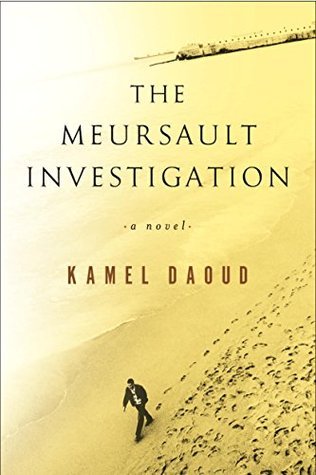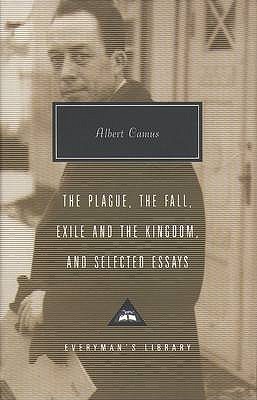
Exile and the Kingdom
Book Description
Stranded between duty and desire, a haunting sense of exile envelops each character in this powerful collection of stories. A soldier faces the weight of betrayal in a conflict-soaked landscape, while a restless man grapples with isolation in the shadows of a disintegrating marriage. Each tale pulses with raw emotion, forcing decisions that ripple through lives and shatter relationships. As the struggle between freedom and obligation intensifies, the characters seek connection in a world that feels unforgiving. Can they reclaim their lost sense of belonging, or will the longing for home lead them further into despair?
Quick Book Summary
“Exile and the Kingdom” by Albert Camus is a collection of six short stories that explore the spiritual and emotional isolation of individuals searching for meaning in a world marked by alienation and the struggle between freedom and duty. Through evocative prose and existential themes, Camus examines how his characters confront inner and outer conflicts—be it through ethical dilemmas, failed relationships, or estrangement from their communities. Set in both North African and European landscapes, each story reveals the sense of exile felt by those cut off from belonging, as they grapple with their place in the world and attempt to reconcile the tension between personal freedom and the demands of society. The result is a profound meditation on human loneliness, the desire for connection, and the sometimes elusive hope for a return to a metaphorical kingdom of acceptance.
Summary of Key Ideas
Table of Contents
Alienation and Exile
Camus constructs his collection around the pervasive sense of alienation experienced by his protagonists. In each tale, whether a French colonial outsider or a restless European, characters navigate a world that resists belonging. They are emotionally, culturally, or spiritually exiled, manifesting a fundamental disconnect from others and from themselves. This estrangement drives much of their actions and inactions, setting the stage for existential dilemmas that echo Camus’s broader philosophical concerns.
Moral Ambiguity and Ethical Choices
Throughout the stories, characters are confronted with morally ambiguous situations that force difficult choices. Whether tasked with betraying an ideal, witnessing the suffering of others, or questioning the nature of justice, the protagonists find themselves in ethically gray areas. Camus uses these moments to challenge simplistic notions of right and wrong, revealing how responsibility toward others often collides with personal desire or self-preservation. These stories refuse tidy resolutions, leaving readers to ponder the complexity of human agency.
The Search for Belonging
The longing for connection and belonging is palpable, as each character seeks to bridge the profound gap between themselves and the world. Attempts at intimacy—whether within a marriage, a friendship, or a community—often falter due to inner turmoil or societal barriers. The sense of exile eats away at the characters, as Camus subtly asks whether true belonging is possible, or if it is always tainted by the limits of understanding and communication. Loneliness and the quest for acceptance become driving forces in the collection.
Freedom Versus Duty
Freedom is another major theme, woven intricately with duty and obligation. Camus’s characters are often torn between asserting their independence and fulfilling the roles imposed by society, family, or history. The tension between these forces generates much of the emotional energy in the stories, as individuals test the boundaries of autonomy without neglecting their connections to others. The narratives suggest that the price of freedom may be further isolation, complicating the hope for reconciliation.
The Nature of Human Connection
Ultimately, the nature of human connection is laid bare through poignant, often painful encounters. Whether through misunderstanding, betrayal, or fleeting intimacy, Camus’s stories reveal both the necessity and the fragility of relationships. The title itself reflects the paradox at the heart of the book: exile from the community can sometimes open the path to a truer form of communion. In the end, each character’s journey reflects a universal struggle to find solace between the worlds of exile and kingdom.
Download This Summary
Get a free PDF of this summary instantly — no email required.





